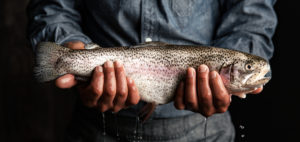
From the Hollywood Hills to the raceways of Riverence
Six-year-old Riverence Holdings, founded by a cattle rancher and a Hollywood TV producer, is now the largest land-based trout producer in the Americas.
Study assesses various shell-peeling times for newly harvested Pacific white shrimp soaked in ice water for up to 24 hours. Soak time can limit meat yield.

Six-year-old Riverence Holdings, founded by a cattle rancher and a Hollywood TV producer, is now the largest land-based trout producer in the Americas.

C-level seafood executives from around the world gathered at the North Atlantic Seafood Forum to discuss pressing issues facing fisheries and aquaculture.
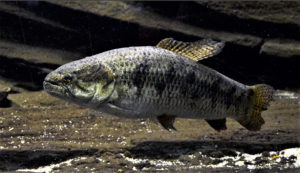
The neotropical fish species trahira has aquaculture potential under semi-intensive production conditions, according to a study in Brazil.
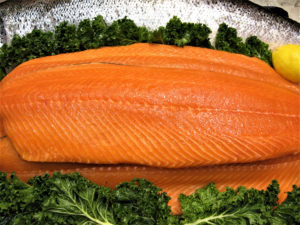
Study searched for genetic variants associated with omega-3 fatty acid content in Atlantic salmon, to identify genes underlying genetic variation.
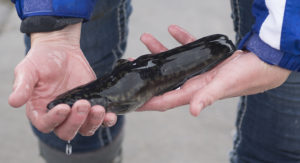
There’s a lot of promise for farming the freshwater species burbot (Lota lota), but more research is needed to determine economic viability.
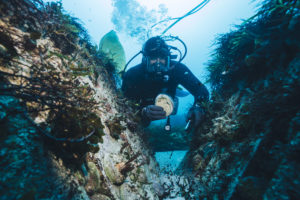
Dutch team behind “Aquaculture Pioneers” aims to portray cutting-edge fish farming around the world when it is released in 2021.
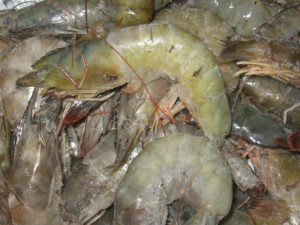
Study evaluates the effects of freeze-thaw cycles on moisture migration, protein degradation, microstructure and quality of Pacific white shrimp.
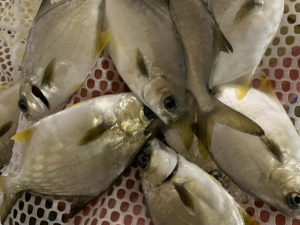
While many attempts to farm Florida pompano have fallen short, Joe Cardenas is undaunted, confident that recirculating aquaculture systems are the key.
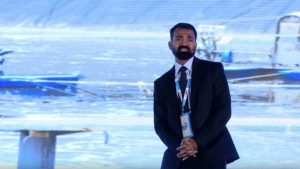
Rajamanohar Somasundarama delivers his PechaKucha presentation at the Global Aquaculture Alliance’s annual GOAL conference, held this year in Chennai, India.
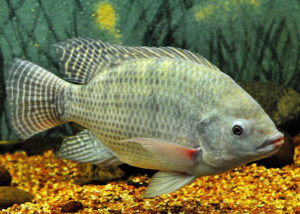
Six bread formulations with different levels of tilapia flour inclusion were analyzed for nutritional composition and sensory characterization.
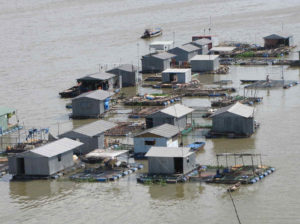
The Global Aquaculture Alliance’s annual GOAL production survey data shows that farmed marine finfish production increased 73 percent from 2009 to 2019.
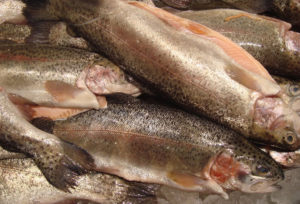
Study quantifies temporal changes of selected fatty acids from six fish species subjected to two handling and three storage methods compared to samples that were processed immediately.
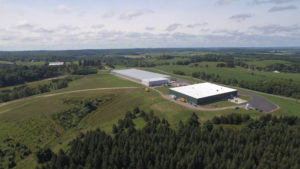
RAS is an emerging sector with two producers leading the U.S. pack, responding to high demand for Atlantic salmon and for local, low-impact food.
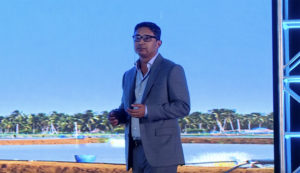
Aditya Dash delivers his "Powered by PechaKucha" presentation at the Global Aquaculture Alliance's annual GOAL conference, held this year in Chennai, India.
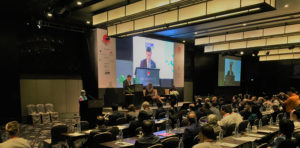
Thought leaders in the world of shrimp discussed the industry’s past and future at the 2019 INFOFISH World Shrimp Conference and Exposition in Bangkok.